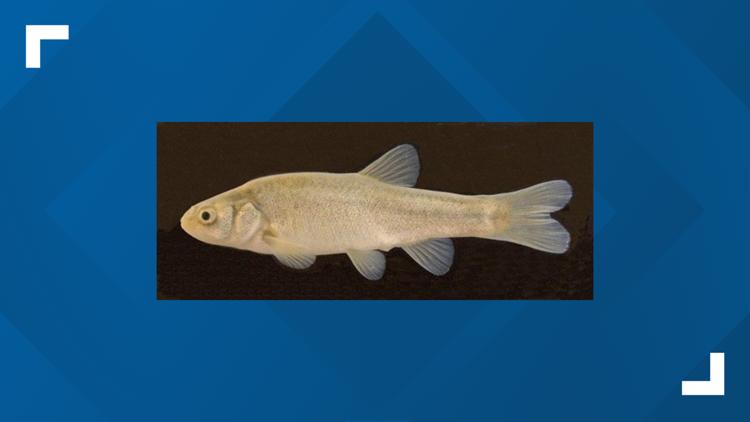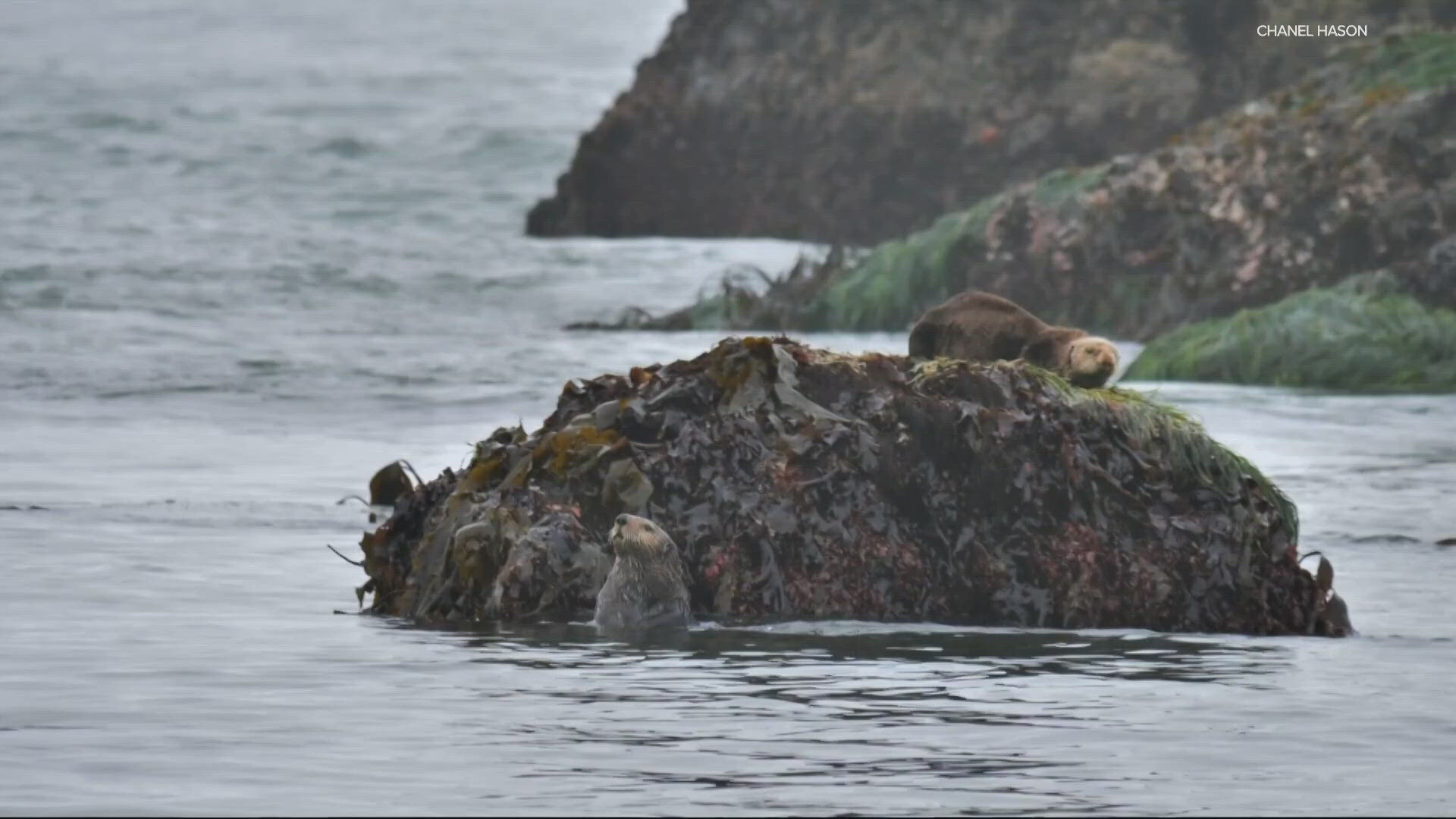PORTLAND, Ore. — The Center for Biological Diversity announced on Thursday that it has petitioned the U.S. Fish and Wildlife Service to protect the Alvord chub under the Endangered Species Act.
The chub is a freshwater fish that exists only in the Alvord Basin in Oregon and Nevada and were once considered plentiful, found all throughout southeastern Oregon and northwestern Nevada.
The Center for Biological Diversity says the fish's populations have significantly declined due to threats such as cattle grazing, water withdrawals, outside species introduced to the basin and climate change.
“These little glittery, freckled fish mastered living in a harsh desert environment but now they need our help,” said Chelsea Stewart-Fusek, an attorney at the Center for Biological Diversity. “They’re no match for cows and irrigation pumps that are decimating the streams where they live. Only Endangered Species Act protections can save these intrepid desert fish.”
The Center for Biological Diversity says the fish can only live in a small number of ponds, streams and wetlands that contain water year-round. They say many of the waters where the chub live are located on public lands that the Bureau of Land Management leases to cattle owners for grazing, which has reportedly destroyed streambanks, reduced water quality and caused hotter and drier conditions.
In addition to cattle grazing, Alvord chub habitat has been degraded by water diversions and is threatened by higher temperatures and extended periods of drought.
The Center for Biological Diversity says new species of fish introduced to the basin also prey on the Alvord chub and compete with the species for resources. In surveys conducted in 2013 by the Center for Biological Diversity, chub were found in just 16 habitats and had disappeared from 61% of the places they had previously occupied.
The Borax Lake chub, also native to the Alvord Basin, was listed as an endangered species in 1982 and once threats from grazing, geothermal energy development and water depletion were remedied, the species rebounded and was removed from the endangered species list in 2020.
“Alvord chub are part of what makes their namesake basin so special and they deserve to be protected,” said Stewart-Fusek. “The Alvord chub could become another Endangered Species Act success story if the Service acts swiftly to protect them.”



